Blog
Information: The Key to Project Management Success
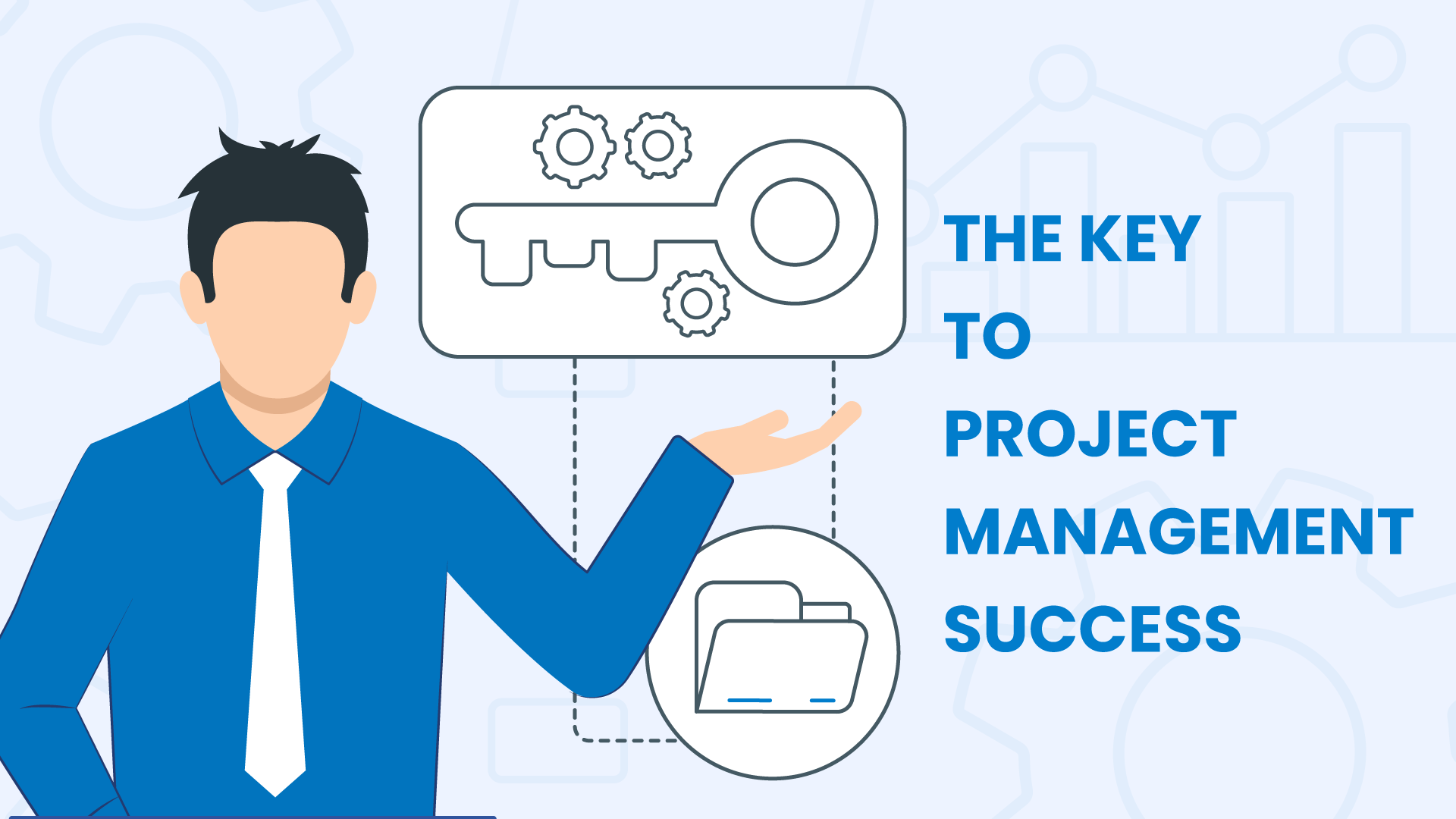
In today’s rapidly evolving business landscape, the importance of timely, accurate information cannot be overstated. It serves as the backbone of effective project management, saving money, conserving resources, and boosting productivity. As companies navigate the complexities of the global market, especially in the wake of significant economic shifts, strategic planning emerges as a critical survival tool. This article delves into the challenges faced by key decision-makers—CIOs, PMOs, IT Managers, and Project Managers—and outlines how successful project management hinges on risk management, progress tracking, and budget oversight. The essence of achieving project milestones lies in accessing the right information at the right level of detail and at the opportune moment.
The Significance of Information Access
Information is more than power—it’s the lifeblood of project management. It threads through each project phase, ensuring continuity and coherence. From initiation to closure, information in various forms (e.g., requests, planning, budgets, resources, risks, and invoicing) is pivotal. The scope and type of information required vary by role, with higher positions necessitating a broader overview.
In a competitive economy, the way information is received, distributed, and managed distinguishes successful entities. According to a survey of PMOs, the top three metrics for project success are alignment with corporate strategy, revenue generation, and cost savings, all of which are deeply intertwined with information management.
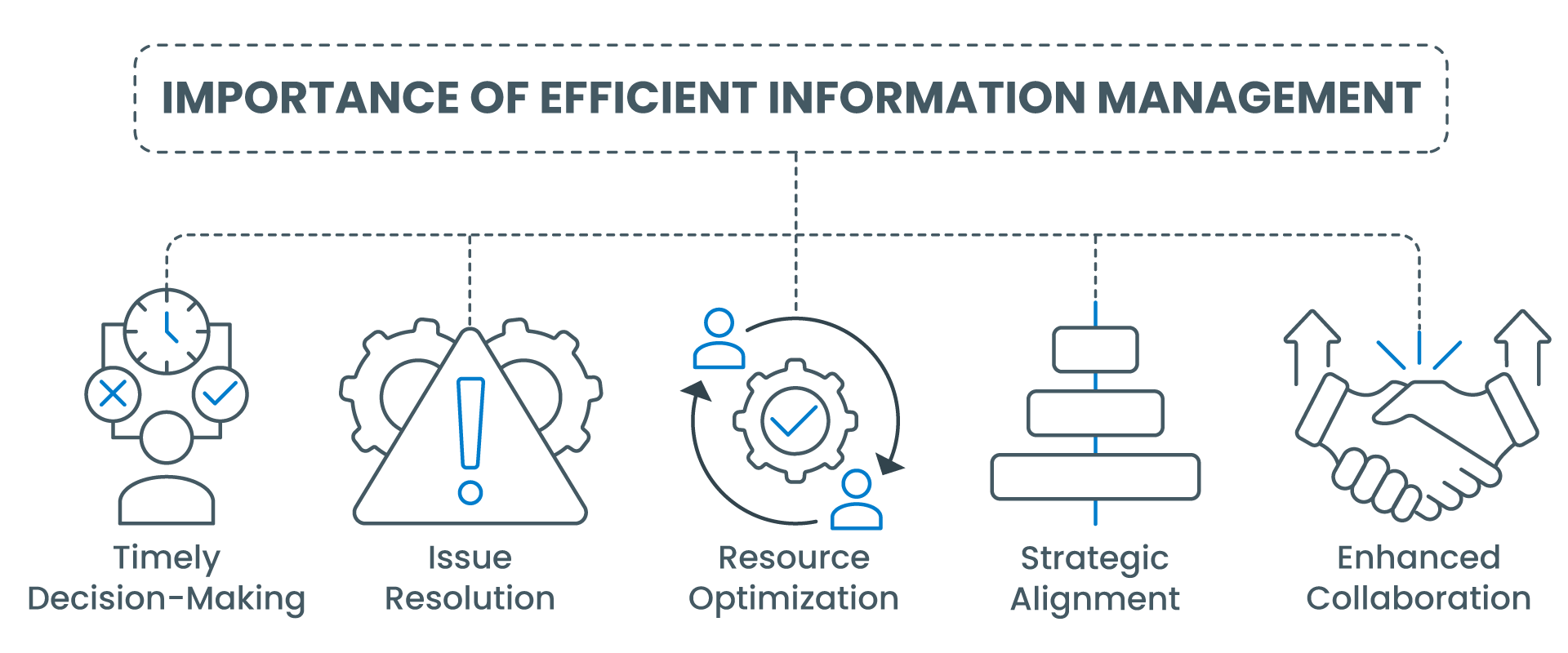
Why Information Management is Crucial in Project Management
Efficient information management is vital in project management for several key reasons:
- Timely Decision-Making: Quick access to information enables managers to make informed decisions swiftly, preventing delays and mitigating risks.
- Issue Resolution: Identifying and addressing issues before they escalate is crucial; effective information management provides the foresight needed to act proactively.
- Resource Optimization: Understanding project needs in real-time allows for the efficient allocation of resources, reducing waste and maximizing productivity.
- Strategic Alignment: Keeping projects aligned with broader organizational goals requires a constant flow of relevant information to adjust strategies as needed.
- Enhanced Collaboration: Streamlined communication facilitates better teamwork and understanding, essential for the success of any project.
The Role of Project Management Tools
Modern project management tools play an essential role in ensuring the effective management and execution of projects. By providing a unified platform for tracking all project-related activities, these tools offer a comprehensive overview that is critical for overseeing multiple projects simultaneously. They enable real-time updates and visibility into the status of projects, which is indispensable for making swift adjustments to keep projects on track and within budget. Furthermore, these tools facilitate enhanced communication and collaboration among team members by centralizing project information, thereby improving transparency across the board. Their ability to support strategic planning is also crucial; they help ensure that each project is aligned with the broader organizational goals, making it easier to measure their contribution to the overall success of the organization. Additionally, with features designed for risk management, including advanced analytics and forecasting, project management tools equip teams to identify potential risks early on, allowing for proactive measures or the development of contingency plans to mitigate those risks effectively.
Critical Information for Project Managers
Understanding which information is essential and to whom it matters is key to project management. Managers require a comprehensive overview to identify at-risk or over-budget projects. In challenging economic times, focus shifts to budgeting, resource allocation, planning, and collaboration.
![]()
Tracking Costs and Managing Budgets
Monitoring expenses and managing budget overruns are vital for project success. A comprehensive budget view enables informed decision-making, potentially leading to cost optimization and project reassessment.

Managing Project Resources
Efficient resource management, a cornerstone of cost savings, involves centralized control over resource allocation. This ensures optimal use of resources, enhancing efficiency and reducing costs.

Risk Management
Identifying and mitigating risks is crucial. Timely, accurate information aids in assessing risks, allowing for quick resolution or project adjustment to minimize impact.

Collaboration
Effective collaboration, encompassing all project management facets, hinges on seamless information sharing. This fosters efficient problem-solving, reduces delays, and adds value to the organization.
Future Trends in Information Access for Project Management
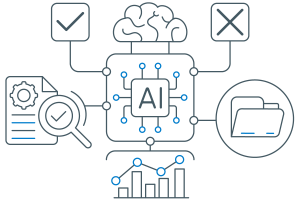
Artificial Intelligence and Machine Learning
The adoption of artificial intelligence (AI) and machine learning in project management tools is set to significantly enhance decision-making processes. These technologies will provide project managers with predictive analytics and sophisticated insights, enabling the anticipation of project challenges and the recommendation of optimal solutions. By leveraging historical data and analyzing current project trends, AI and machine learning will transform how projects are planned and executed.
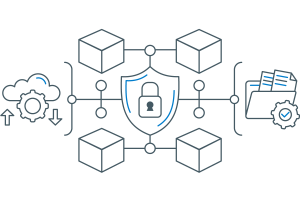
Blockchain Technology
As blockchain technology continues to evolve, its application in project management will offer enhanced security and transparency, particularly in project documentation and transactions. Blockchain’s decentralized nature will ensure that all project-related data is secure, unalterable, and transparently accessible to authorized stakeholders. This will foster trust among project participants and streamline processes, from contract management to intellectual property protection.
These trends underscore a future where information access in project management is more intuitive, efficient, and secure. The integration of these technologies will not only empower project teams to achieve better results but also enable them to navigate project complexities with unprecedented agility and precision.
Conclusion
In conclusion, the pivotal role of information in project management underscores its importance as the backbone of success in today’s complex business landscape. This discussion has highlighted the necessity of efficient information management and the use of advanced project management tools to enhance decision-making, resource allocation, and collaboration. As we look forward to technological advancements in AI, AR/VR, and blockchain, the potential for improved information access and utilization in project management is vast.
Embracing these future trends will empower project teams to achieve greater efficiency and precision. The essence of project management success lies in leveraging information effectively, ensuring that as we move forward, our strategies and tools evolve to meet the challenges of tomorrow. The journey of project management is one of continual adaptation and learning, with information access and management at its core.

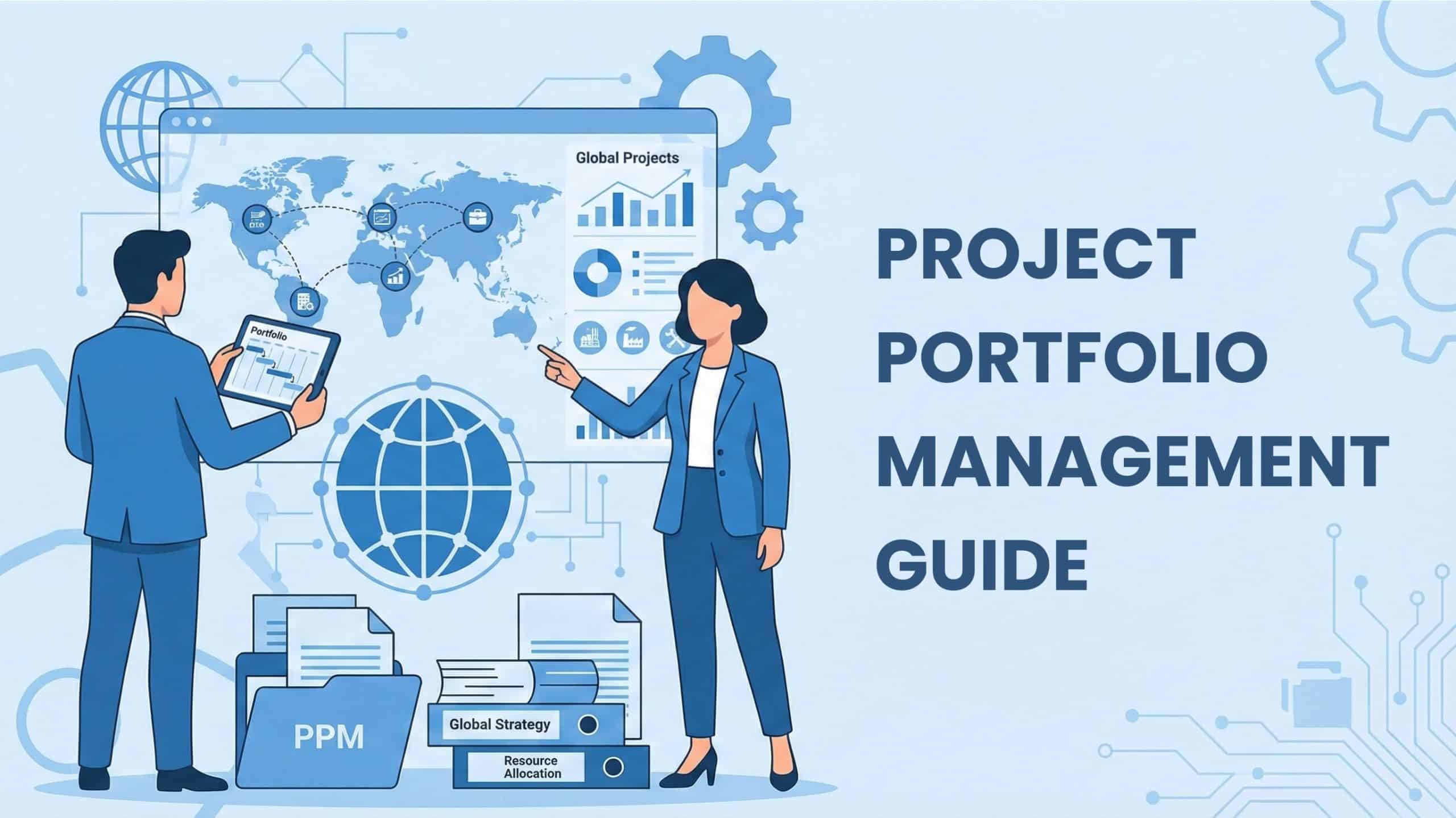
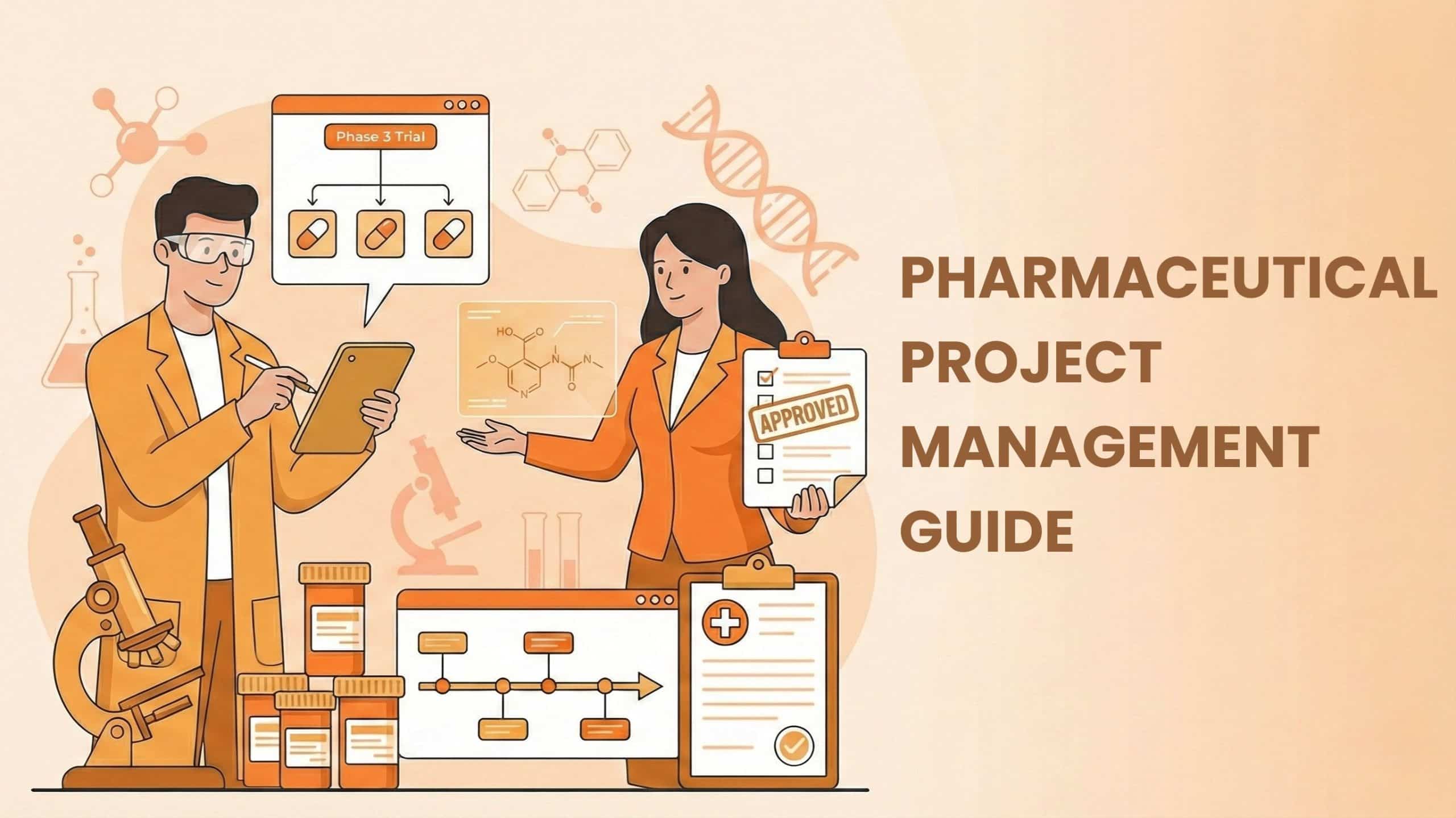
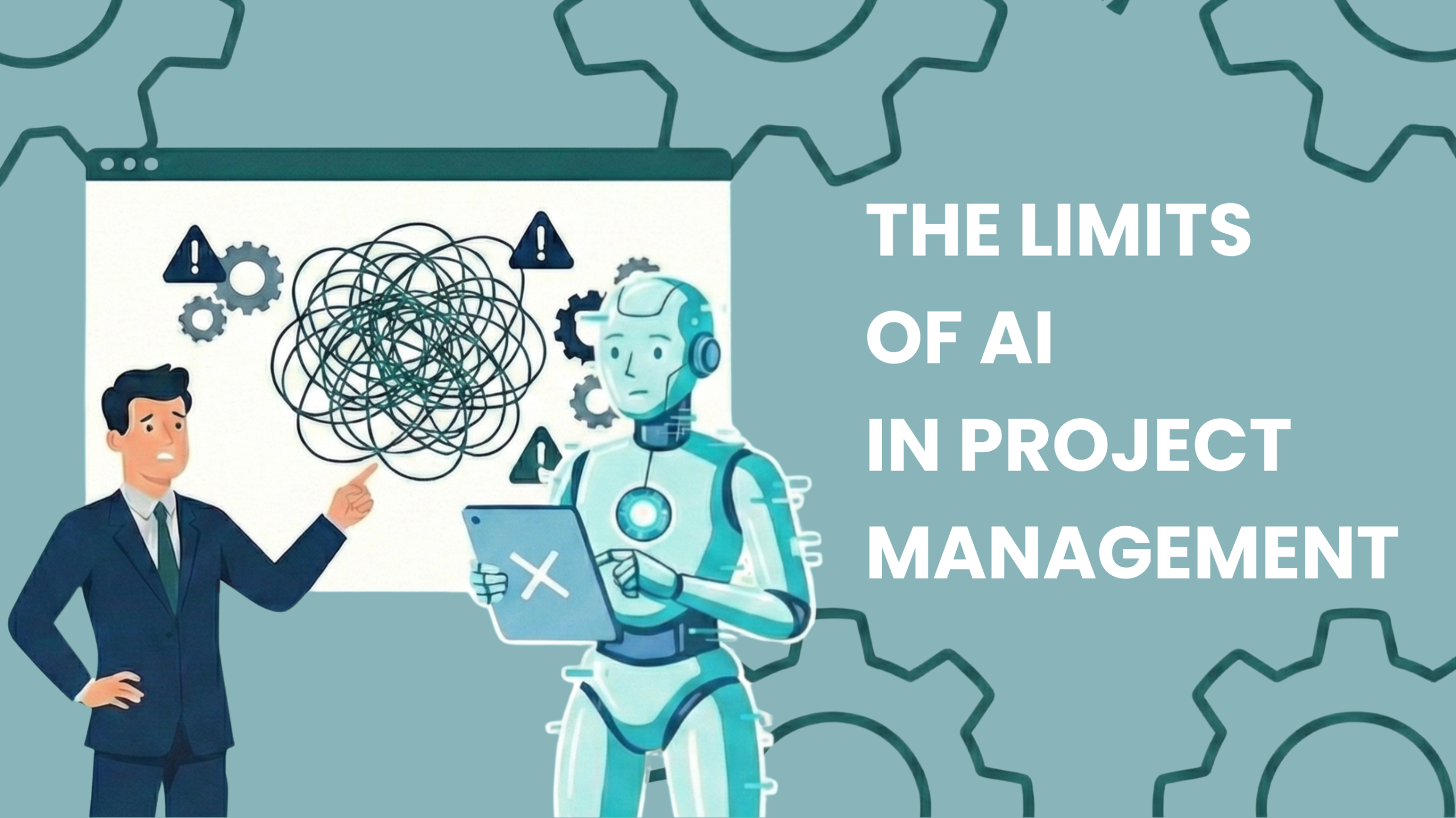
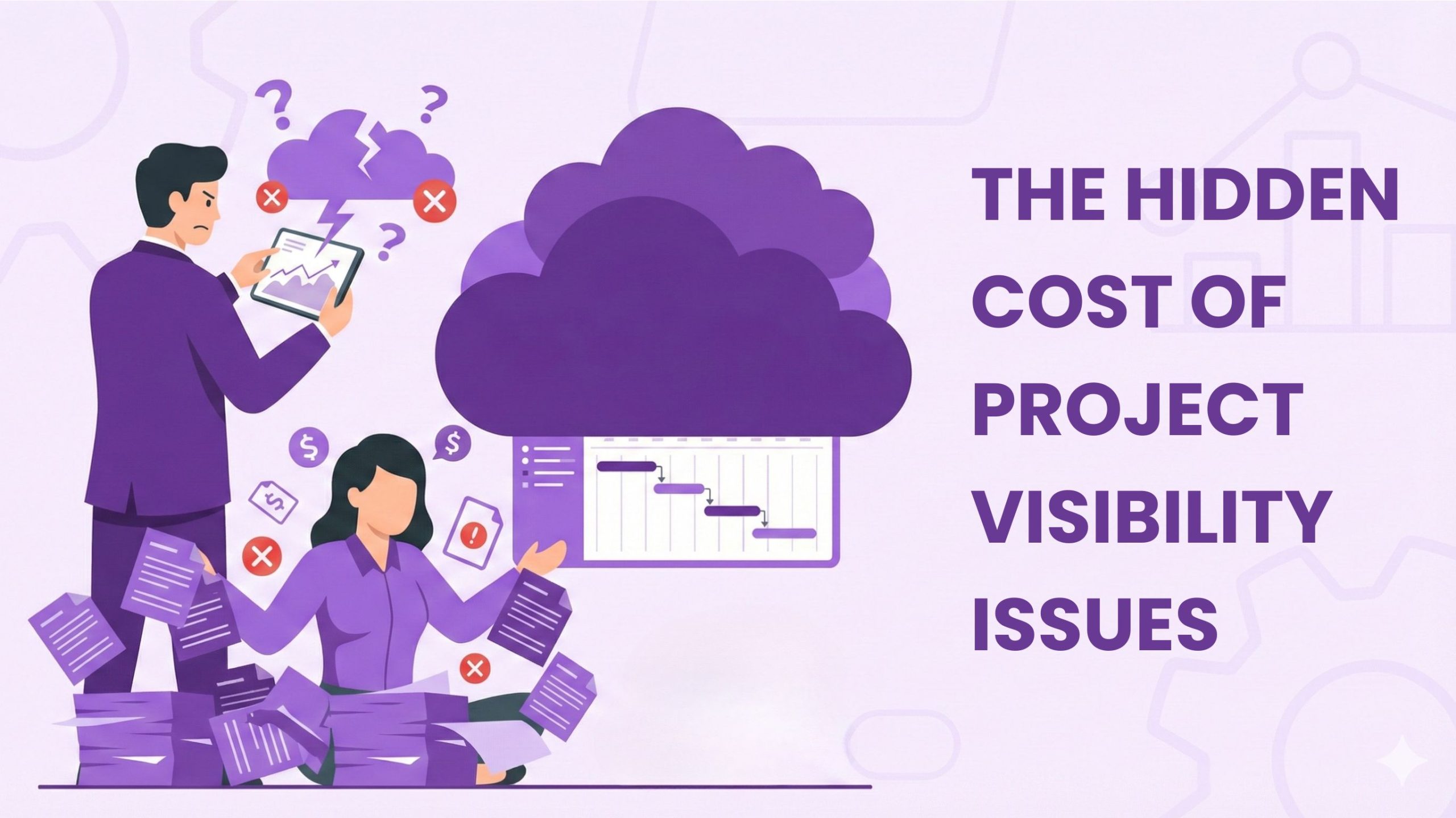
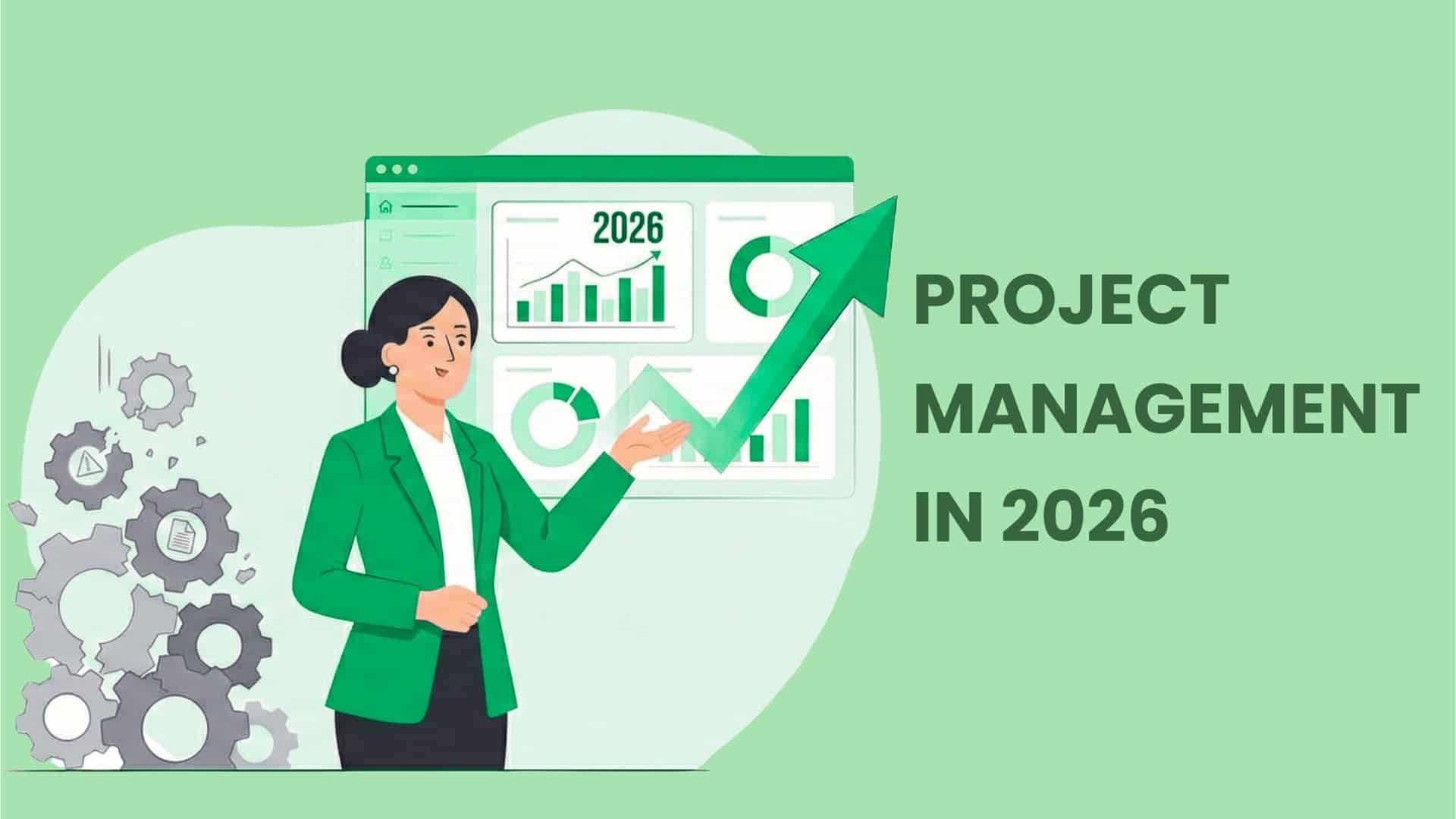
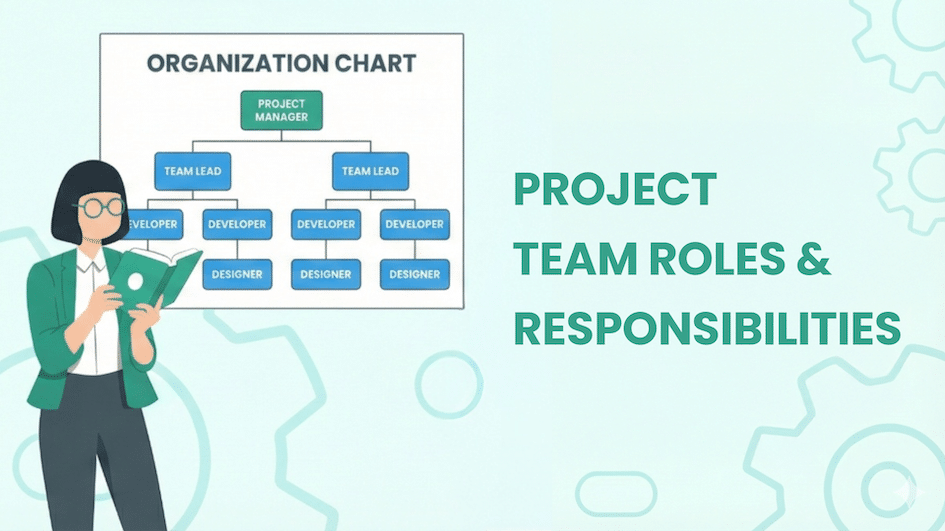



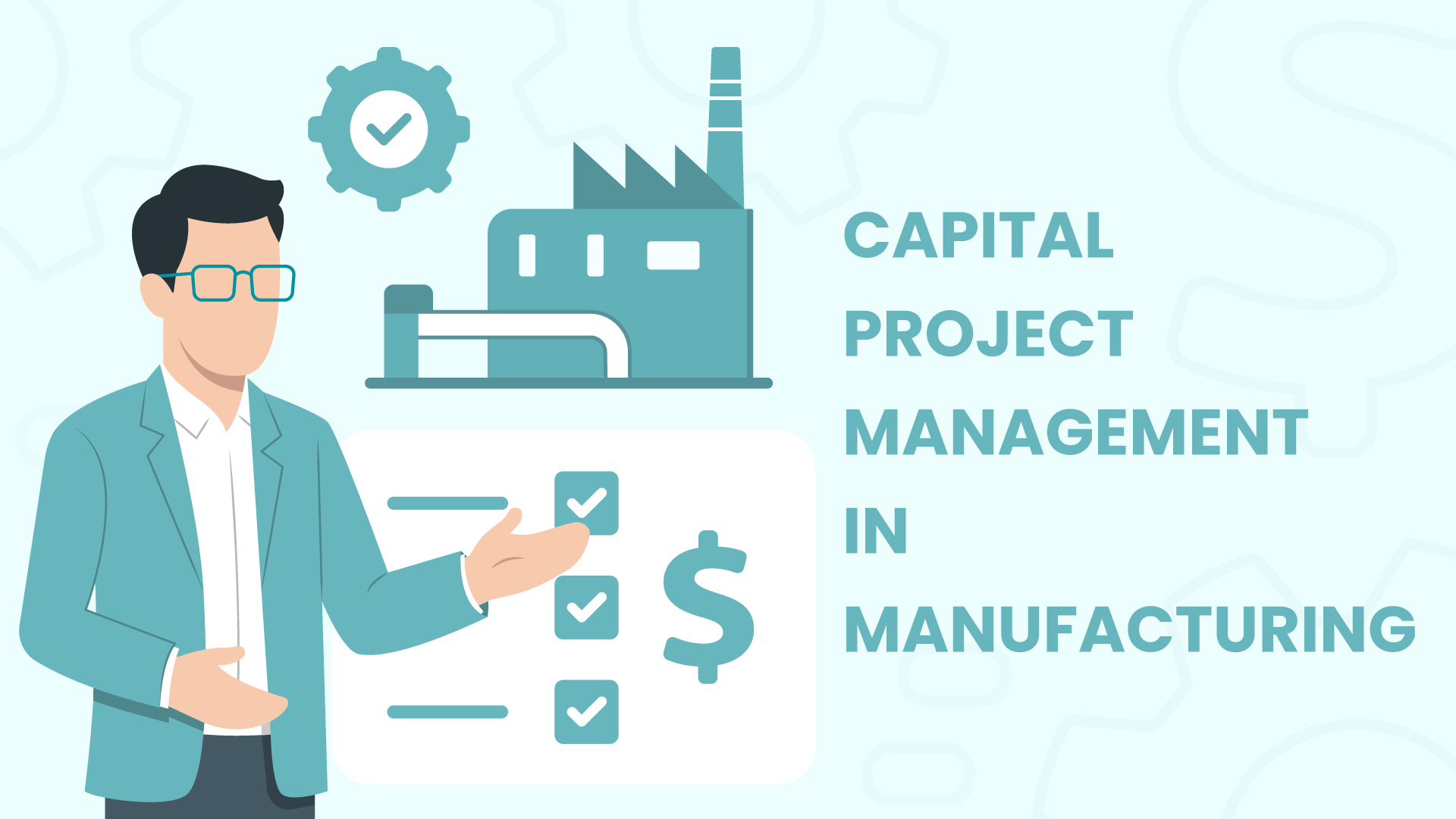



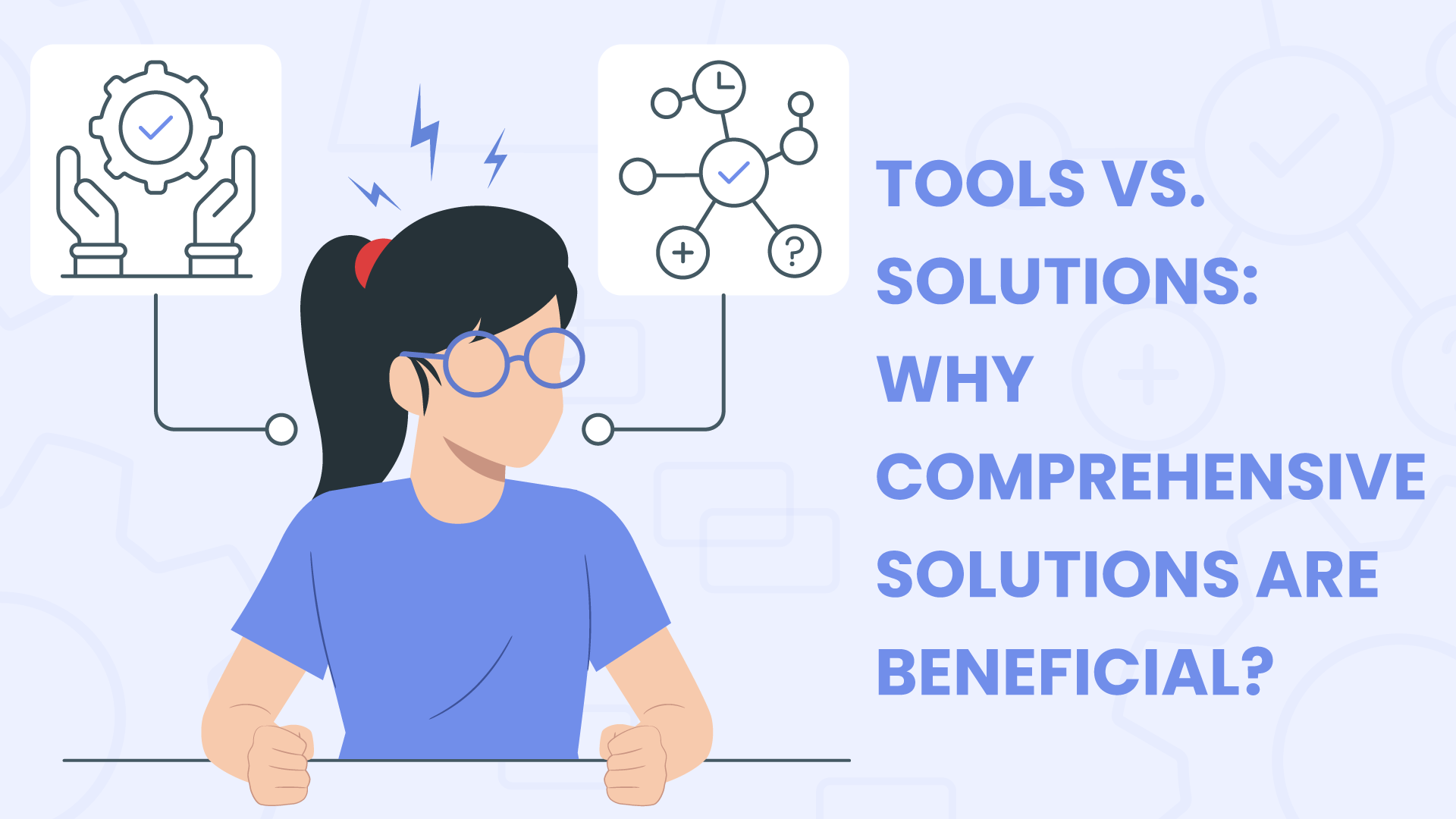




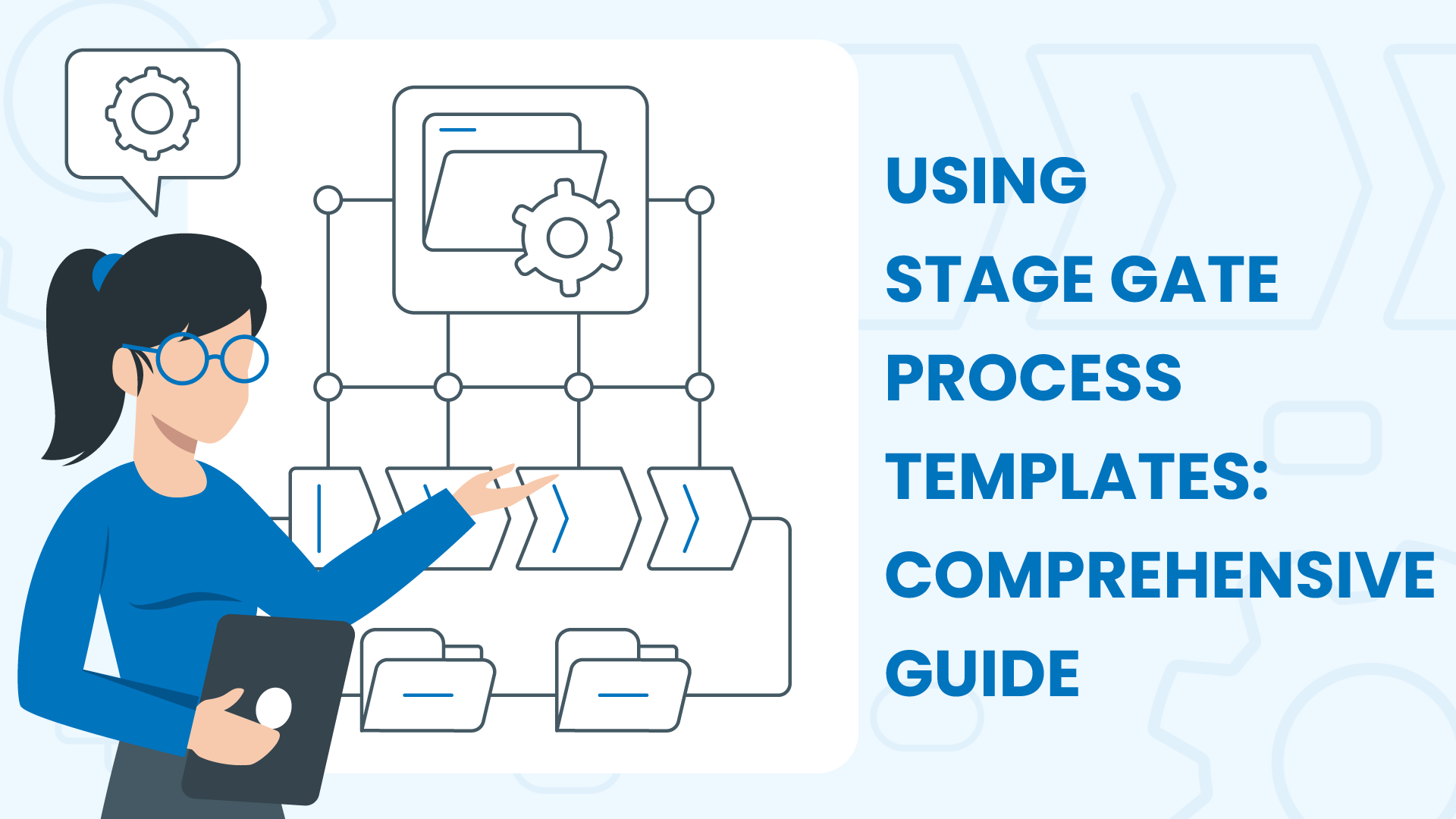




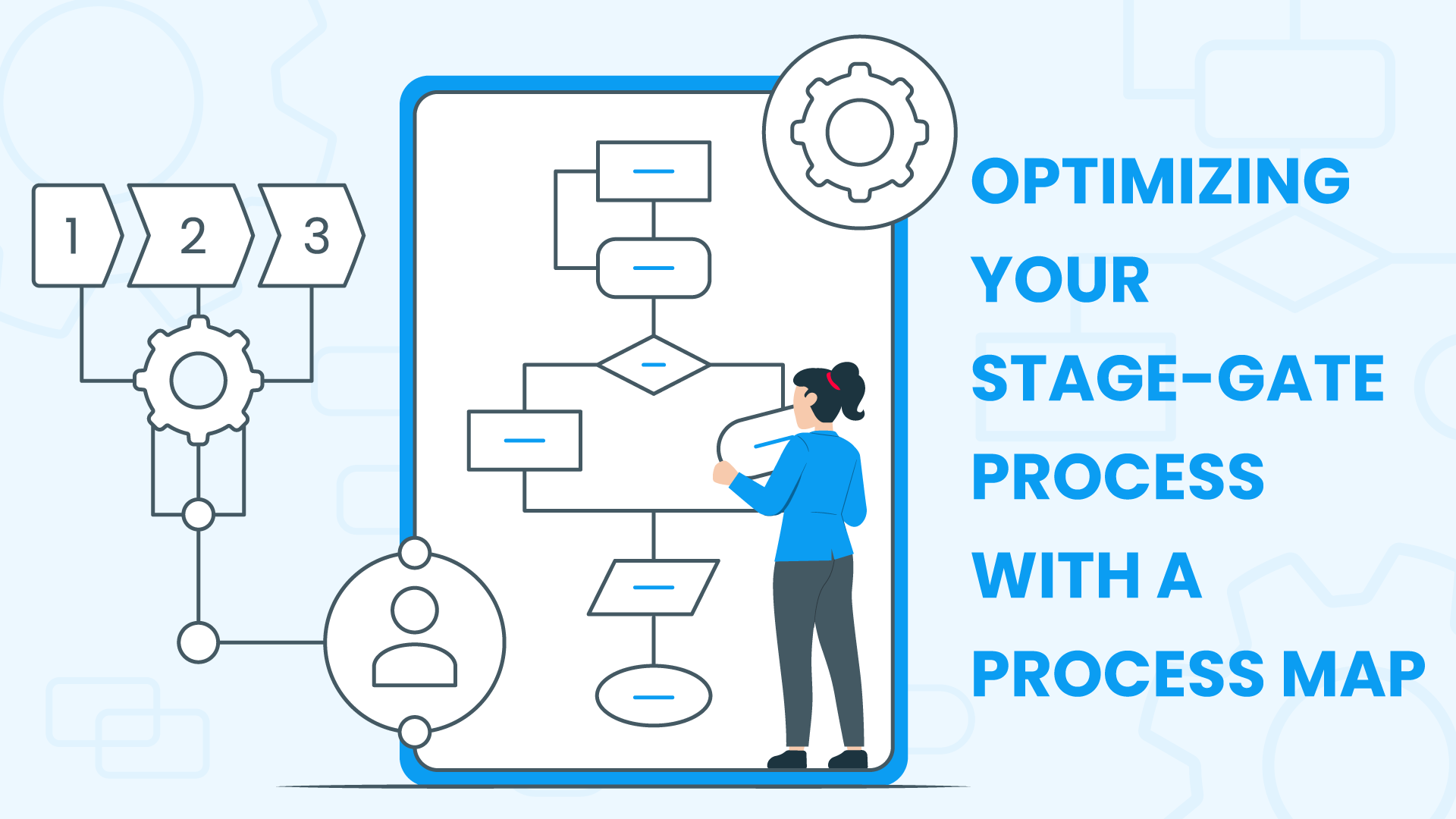


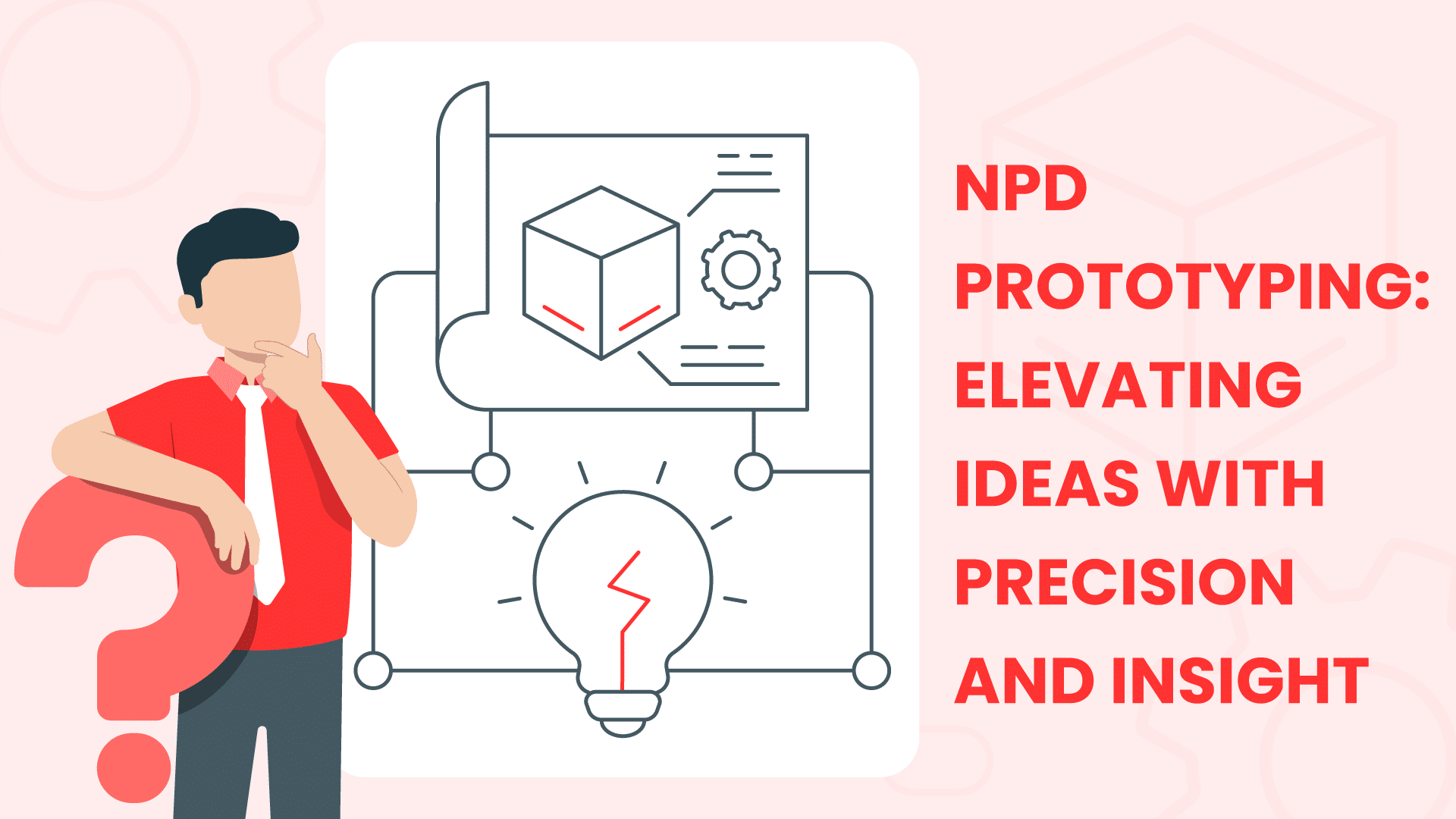

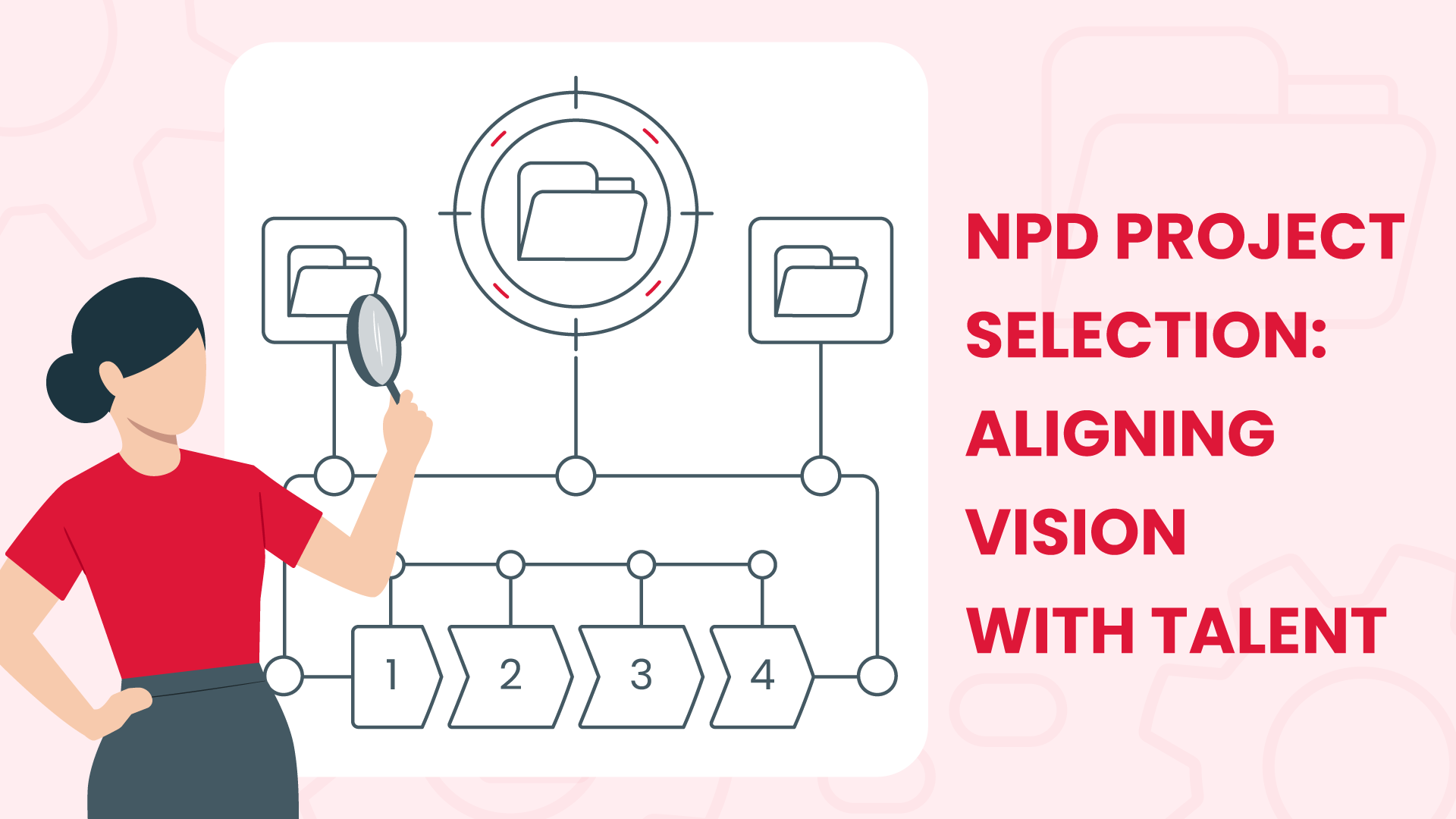





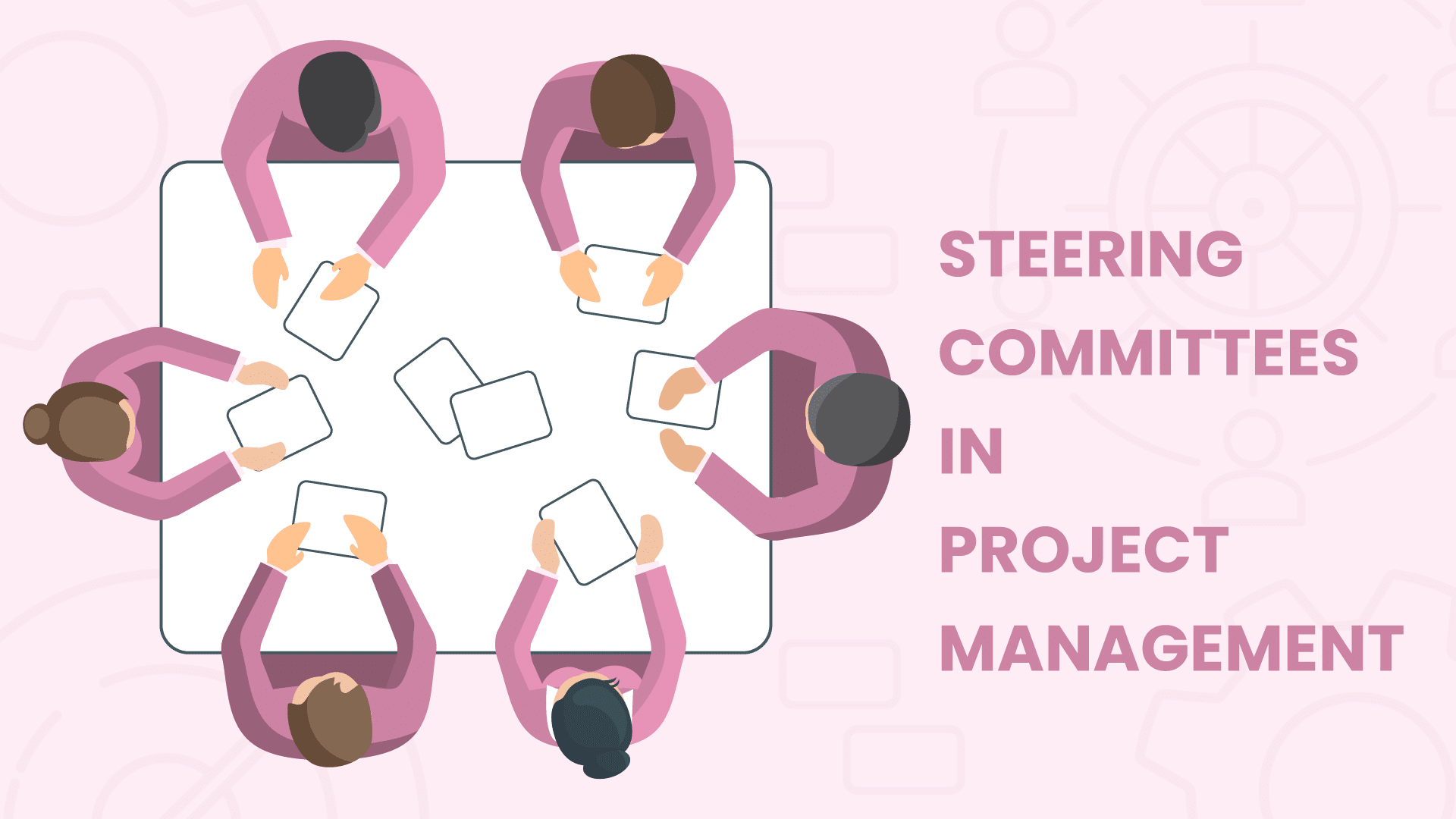

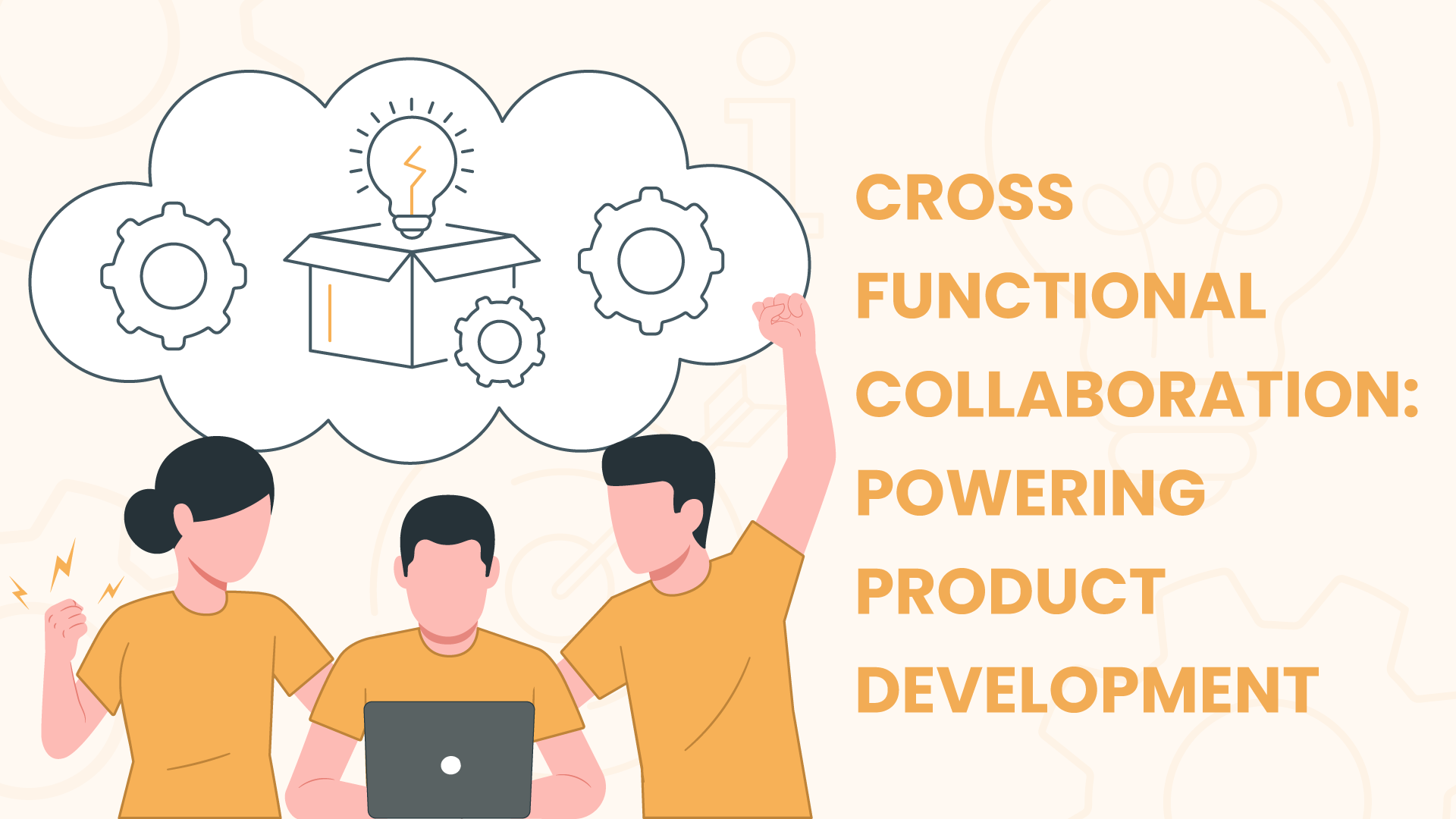



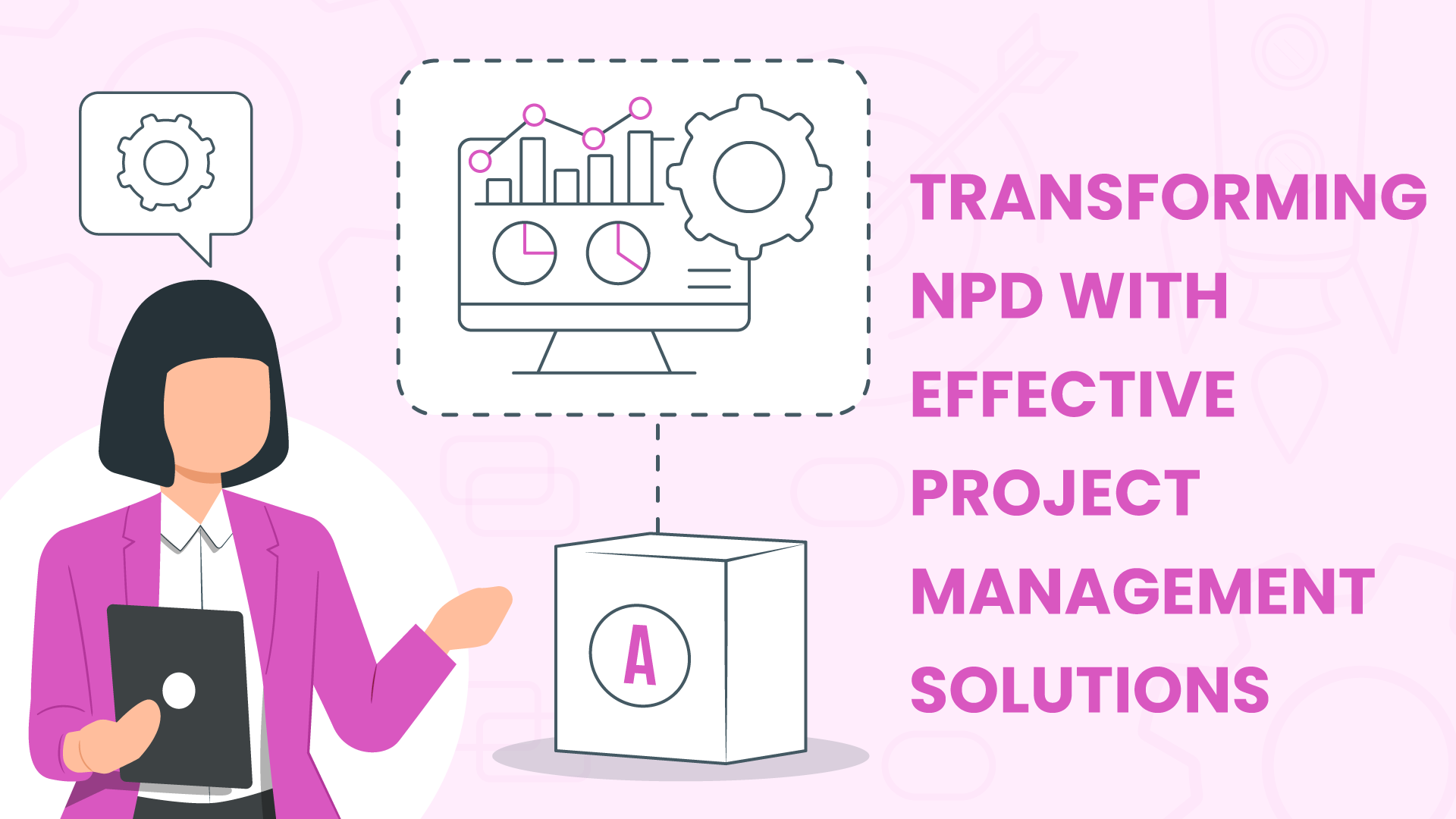

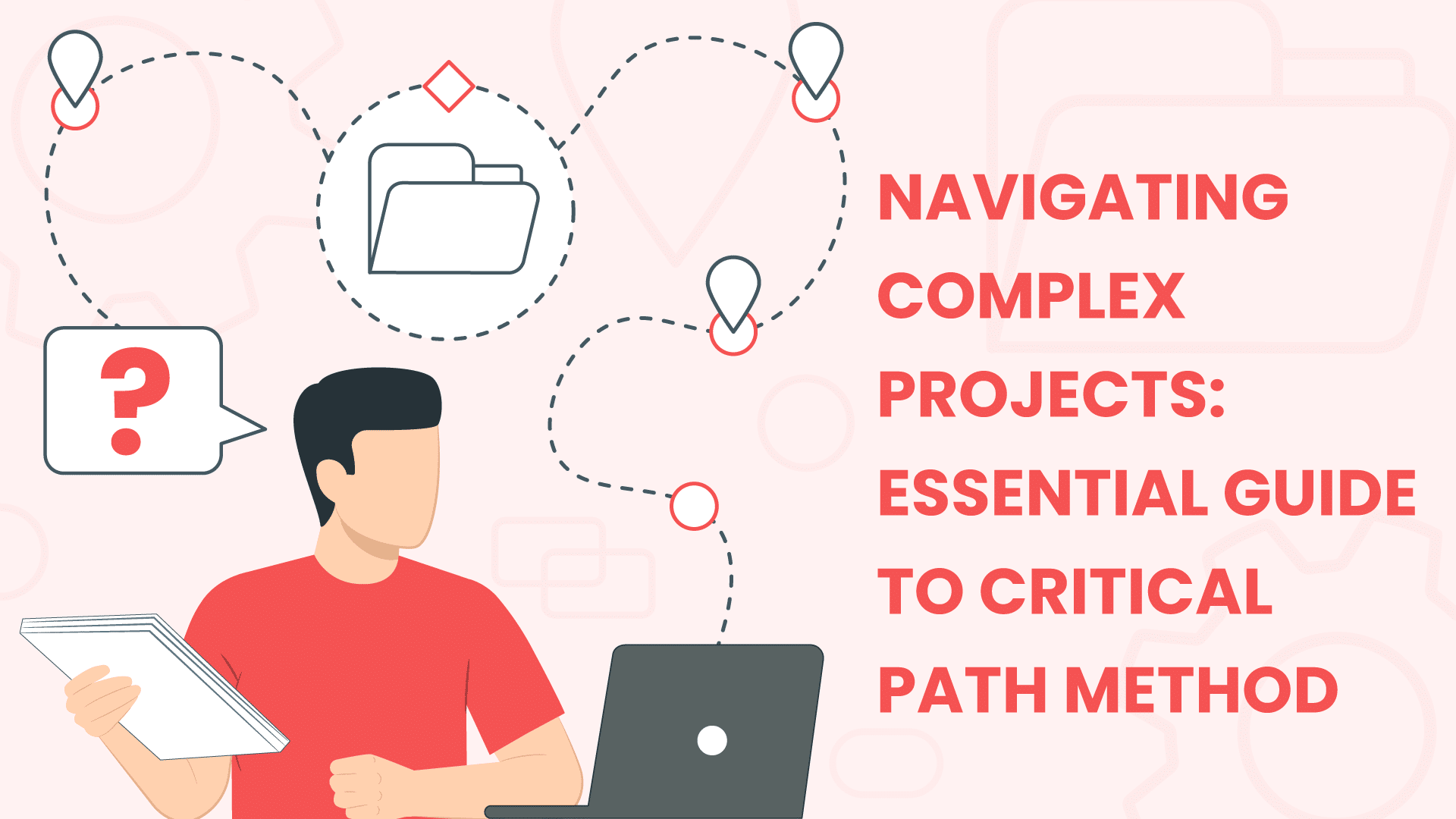







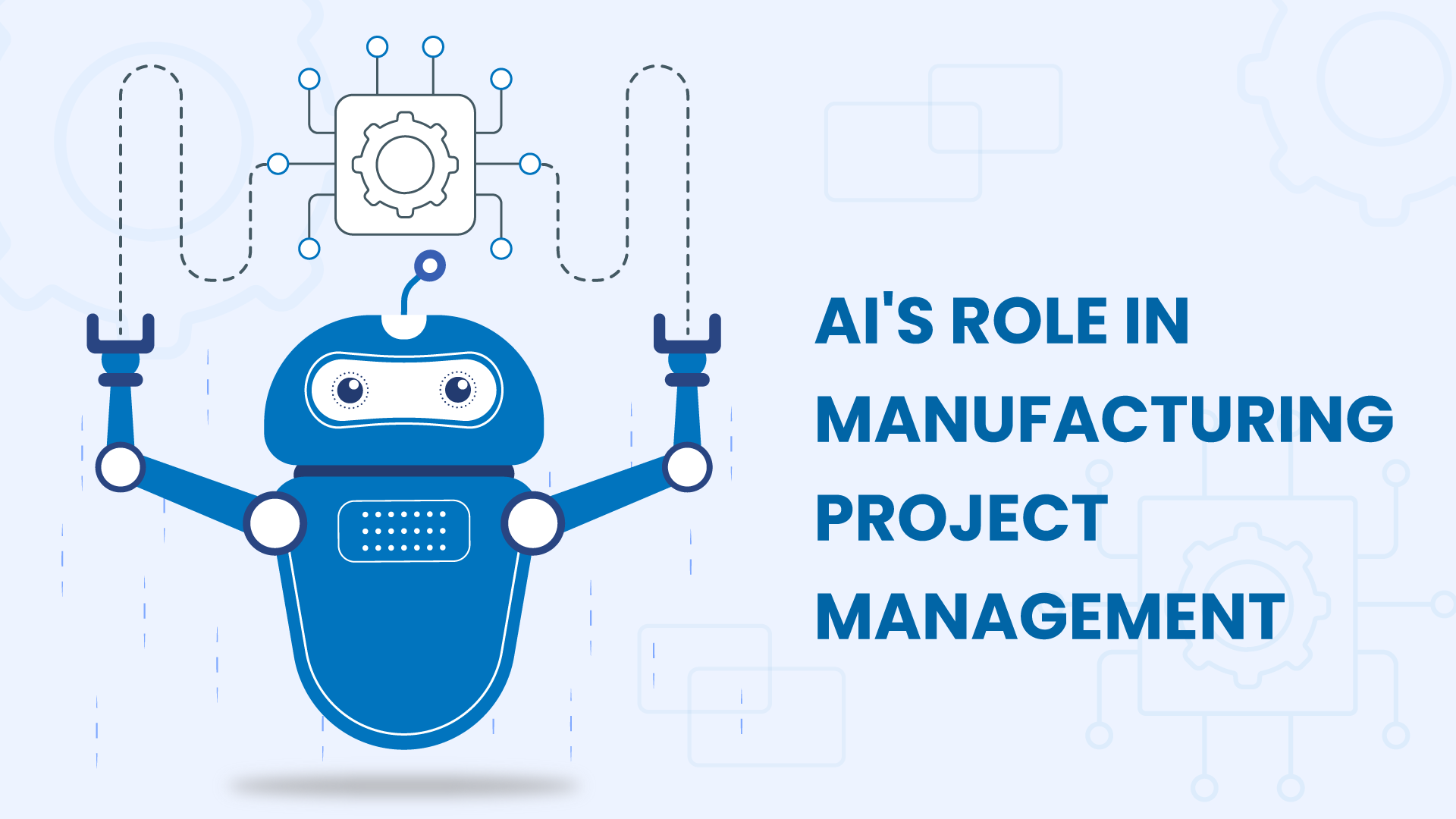


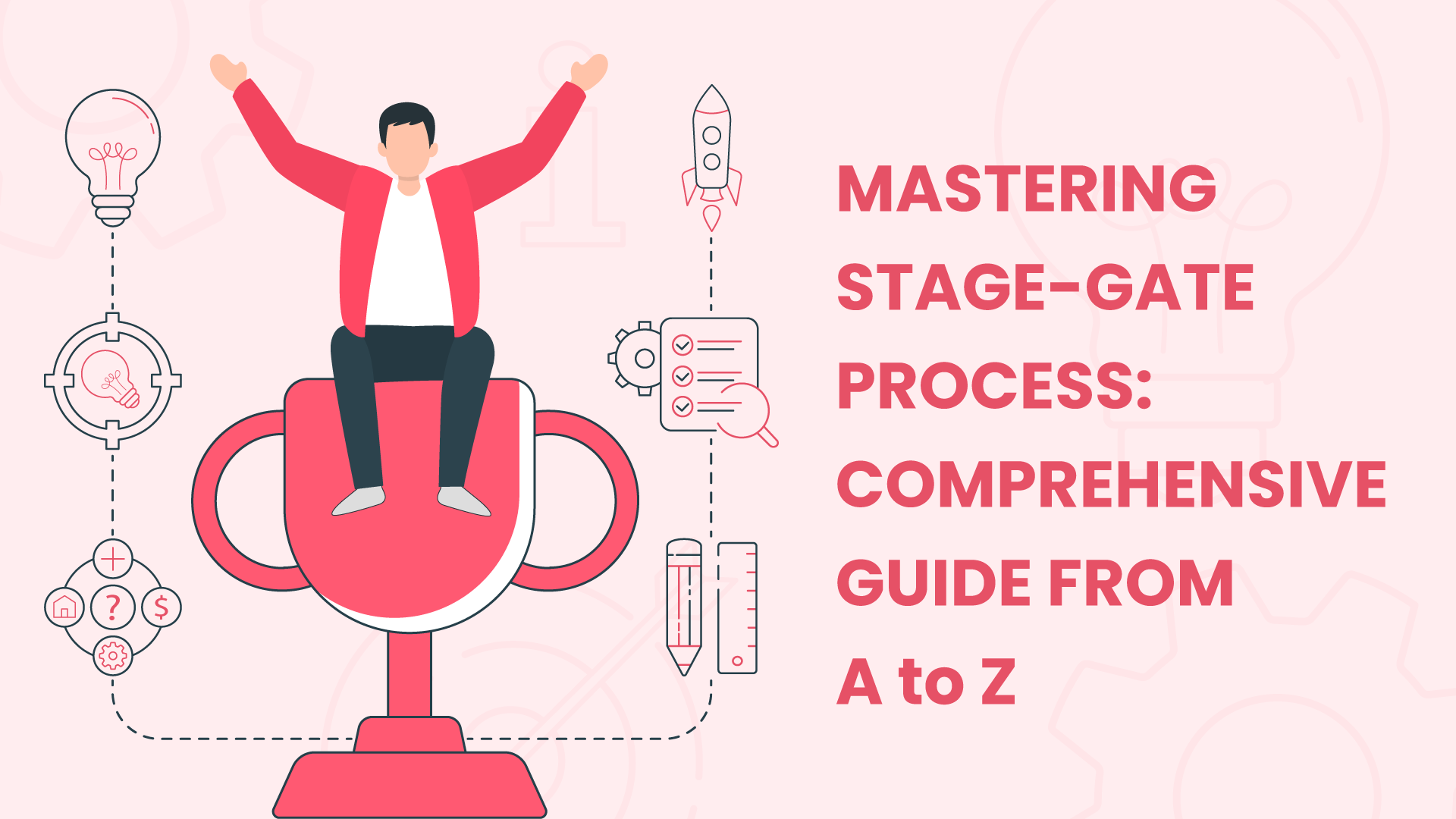

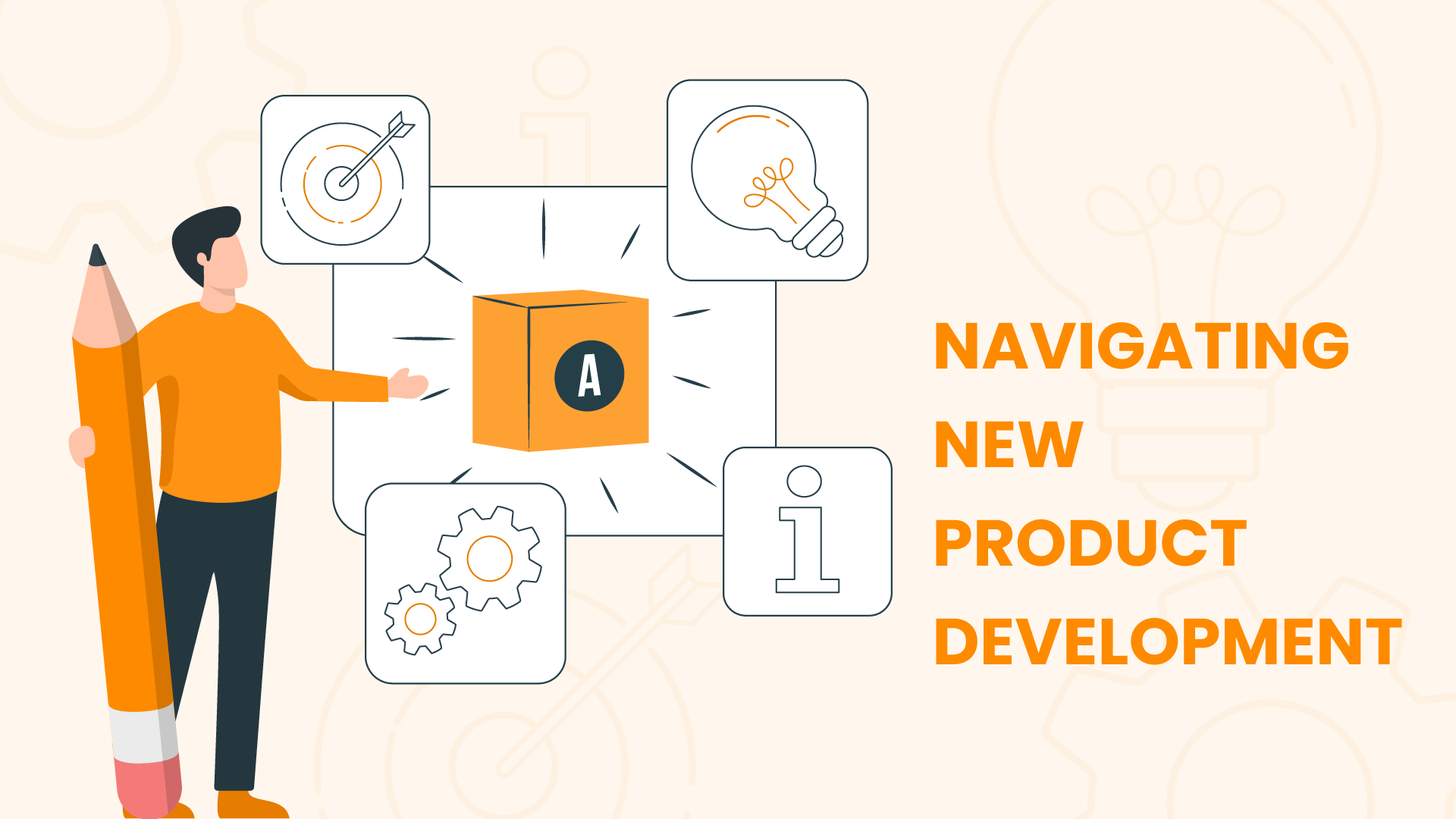





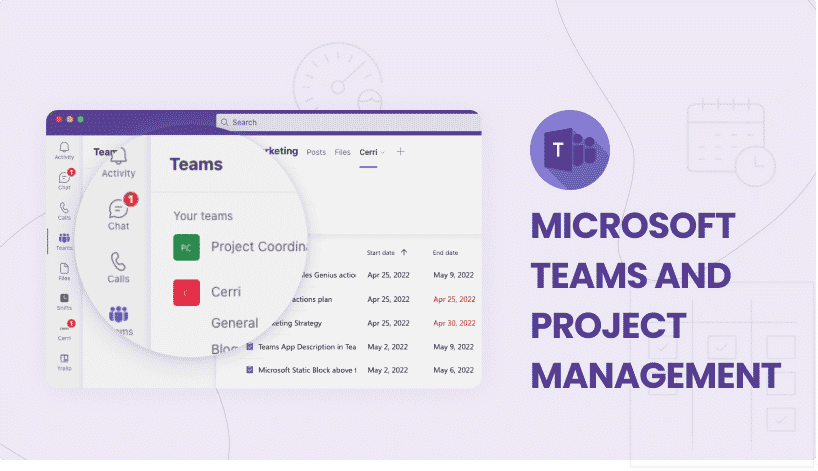


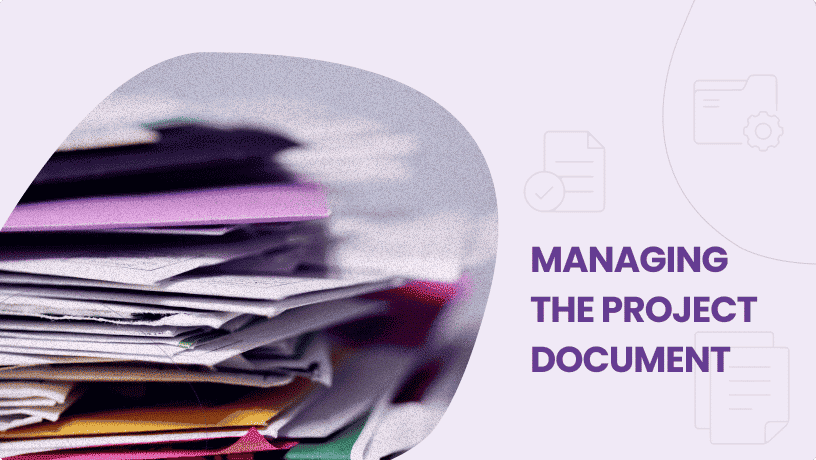

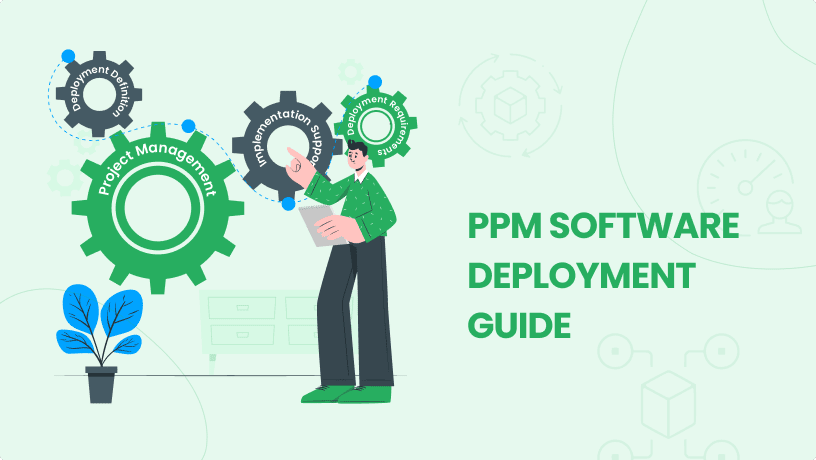
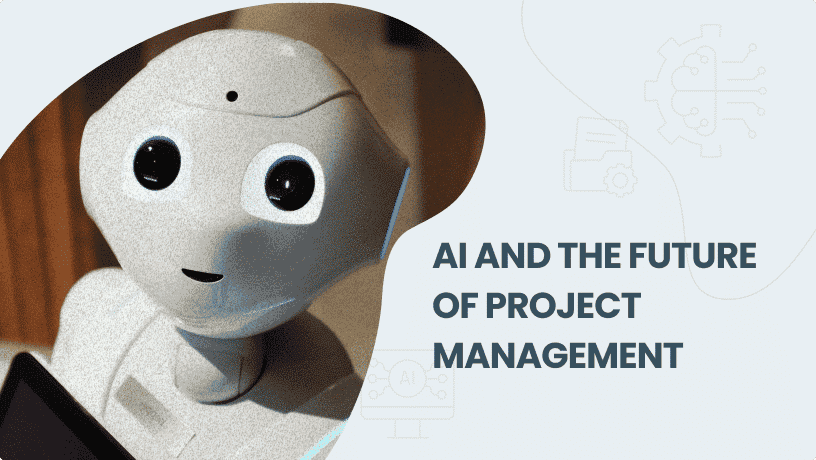
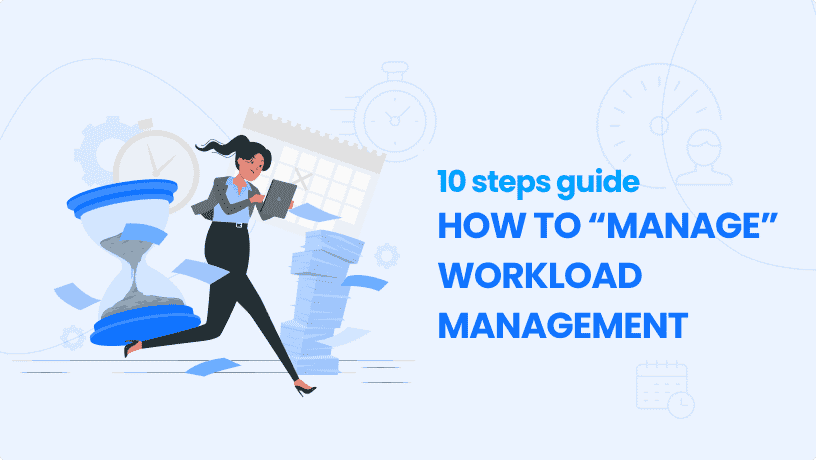






 Task Management
Task Management 




















 Customization
Customization
